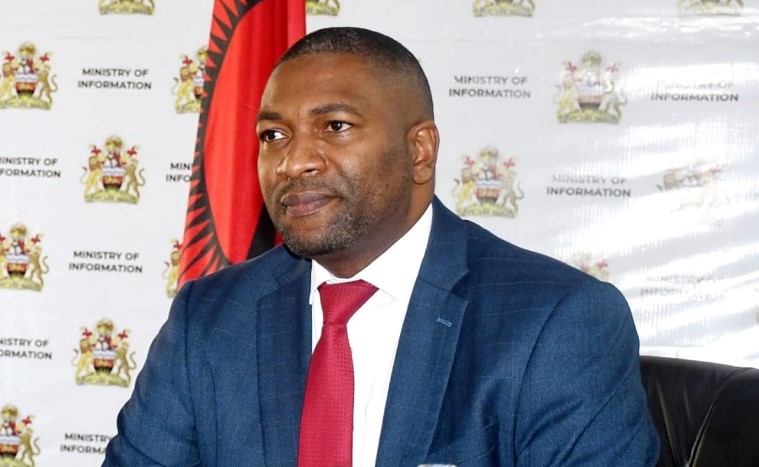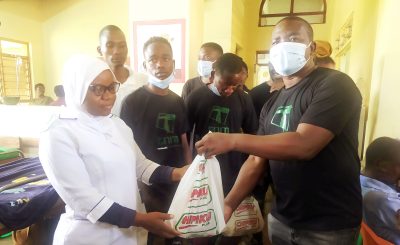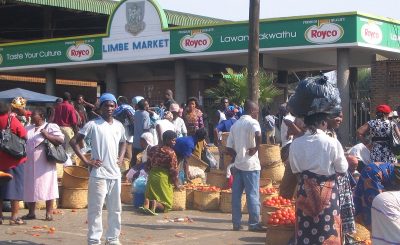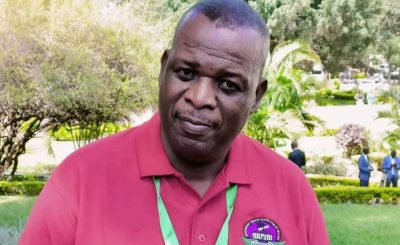The World Bank has granted Malaŵi US$265 million (about K265 billion) for scaling up agriculture commercialisation and improving food resilience in the country.
According to a statement issued on Thursday this week by the World Bank Country Manager for Malawi Hugh Riddell, the new financing is part of phase 3 of the regional Food Systems Resilience Programme for Eastern and Southern Africa (FSRP).
Reads part of statement: “The regional program has an overall envelope of $2.75 billion and aims to increase the resilience of food systems and preparedness for food insecurity in the participating countries.
“It provides a platform for cooperation and cross-learning along a number of pillars, which includes re-building agricultural productive capacity, better managing natural resources, getting to markets, and improving national and regional policies to enhance resilience.”
Under the third phase, the bank says Malawi is set to establish new six irrigation schemes and support an additional 560 productive alliances that target more than 112,000 households.
According to the World Bank, the programme will scale up many of the successful interventions and approaches of Malawi’s Agricultural Commercialisation Project (AGCOM) as a means of enhancing national and regional food systems resilience.
Riddell said Malaŵi has an opportunity to scale the intervention nationally and collaborate and learn how to tackle food systems resilience with the other participating countries in the region.
“AGCOM is delivering on Malawi’s Vision 2063’s core goal of agricultural transformation. We are therefore excited that, with support from the FSRP, Malawi has an opportunity to scale this intervention nationally and collaborate and learn how to tackle food systems resilience with the other participating countries in the region,” he said.
He added that developing viable and sustainable value chains is key to national food security, as well as boosting foreign exchange for the country’s broader economic needs.
Agriculture minister Sam Kawale said Malawi expects to scale up some interventions within the new project, which will likely have a great impact on the overall economy.
“Agriculture is the mainstay of Malawi’s economy, and any investments made in this sector have a multiplier effect towards the country’s economic transformation and general improvements in the livelihoods of our people, including strengthening food security,” said Kawale.
The project in the country will also prioritize building climate-resilient infrastructure that is designed and built in a way that adapts to changing climate conditions since Malawi currently depends largely on rain-fed agriculture.





